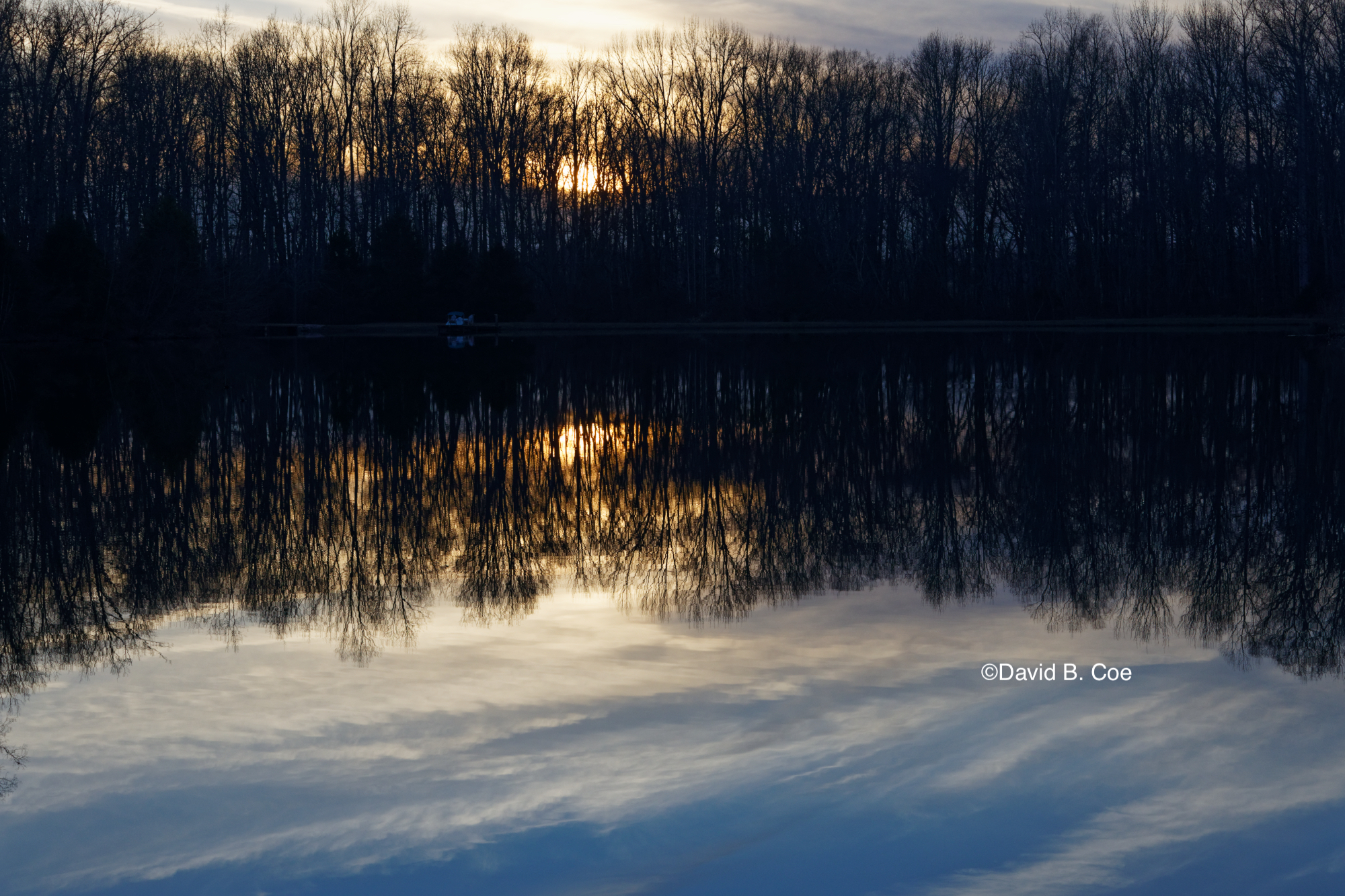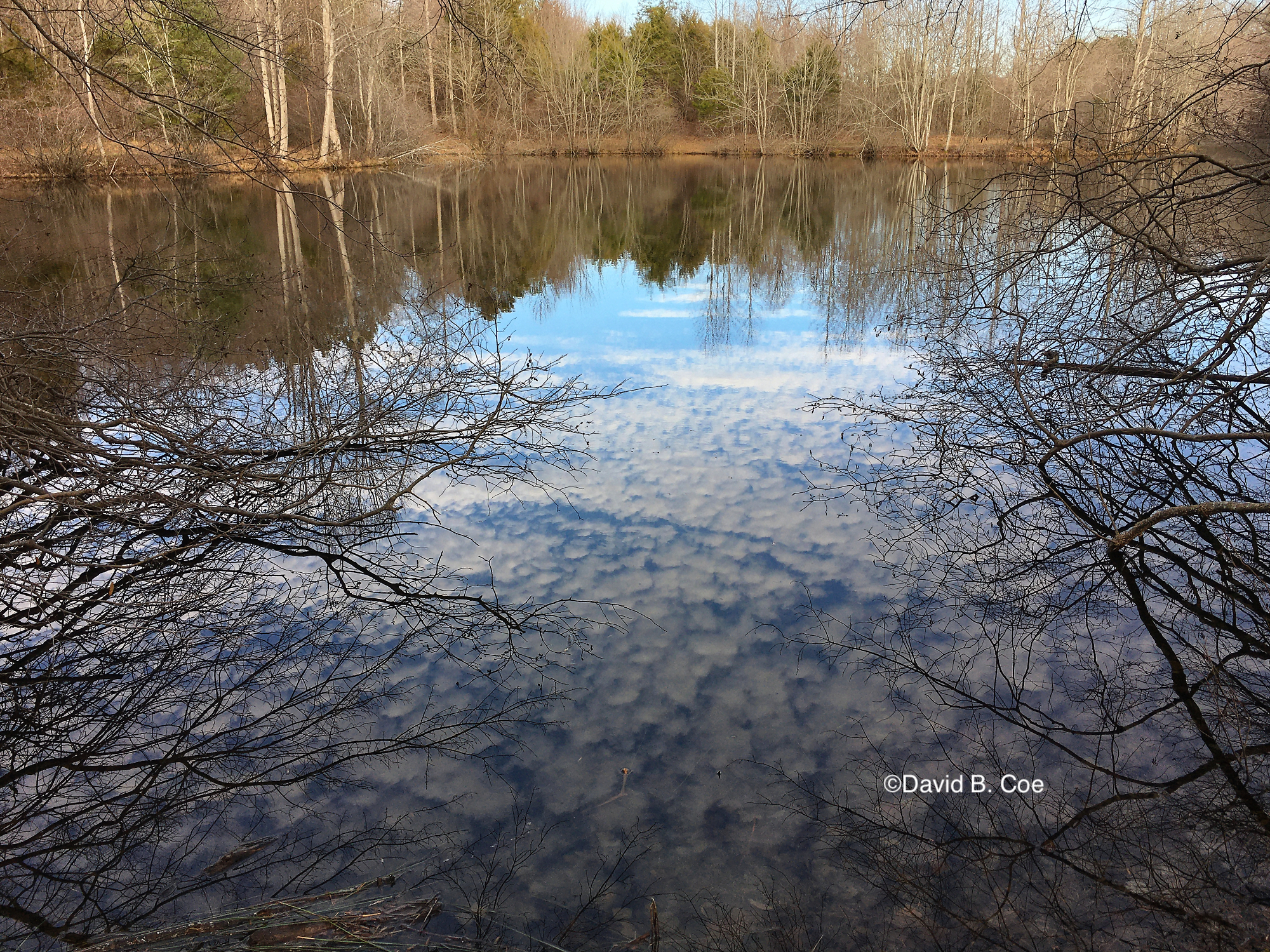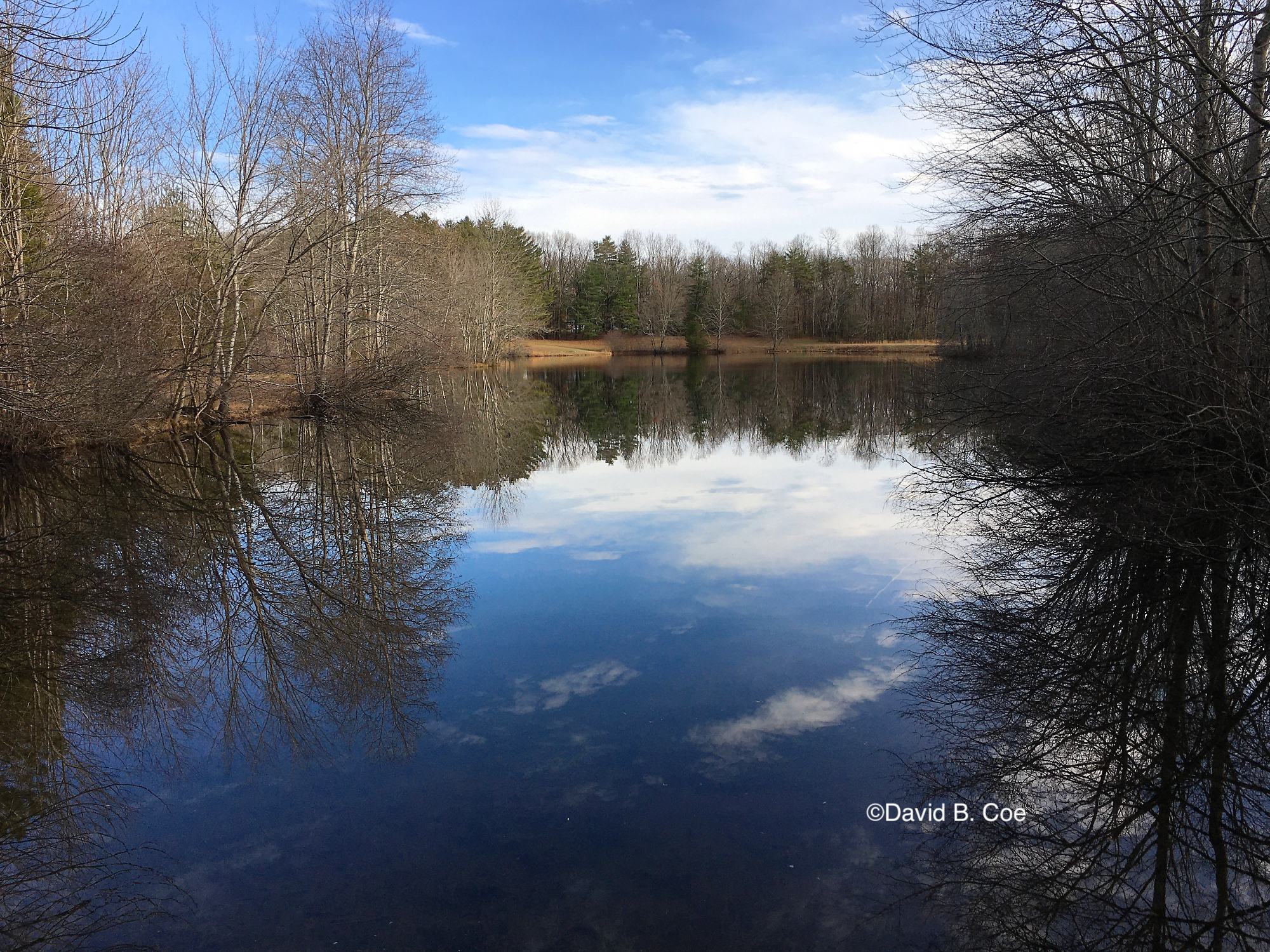I suck at titles. Or at least I think of myself as sucking at titles. It turns out, though, that many of my colleagues think that they suck at titles, too, and I’ve always kind of admired their titles. Which either means A) that all of us just THINK we suck at titles, or B) I REALLY suck at titles, so much that I can’t even judge the quality of other people’s titles.
For the purposes of this post, let’s go with option A.
The other day I asked the folks in my Facebook group (the David B. Coe/D.B. Jackson Facebook Group – you can join here) to suggest possible topics for the Writing Tip Wednesday feature on my blog. I will be taking suggestions for as long as you all want to offer them, so again, if you want to join the group, the link is here. (Too much?)
People responded with several suggestions (finding agents, marshaling ideas into a coherent story, using a pseudonym – all of these sound good to me and all of them will eventually work their way into posts), but one that seemed to get some traction related to coming up with titles for novels and short stories.
I found this somewhat amusing, because I suck at titles. Or at least I think of myself as sucking at titles. It turns out, though, that many of my colleagues think that they suck at titles, too, and I’ve always kind of admired their titles. Which either means A) that all of us just THINK we suck at titles, or B) I REALLY suck at titles, so much that I can’t even judge the quality of other people’s titles.
For the purposes of this post, let’s go with option A.
I tend to think that titling a novel and titling a short story are quite different. For one thing, with a novel we have more to work with. To my mind, it’s just easier to find the right turn of phrase for a 100,000 word project, than it is for one that’s only, say, 6,000 words. More, quite often our novels are connected to a series of books, and together the franchise can yield an effective title pattern. (The Harry Potter books are an obvious example.) Short story titles can be more difficult.
So allow me to begin with a couple of basics.
A title, whether for a novel or a shorter piece, should be as simple as possible. It should be memorable, or if not, at least easy to remember (and those are two separate things). It should tell the reader something about the story, but not so much that it either gives away key information or depends on the reader understanding details he or she can’t possibly know. Keep your titles short, avoid words or phrases that are unique to your made-up world or that are likely to be unfamiliar. Obviously there are exceptions to this. (My very first book was called Children of Amarid, which turned out to be a crappy title, because, A) no one knew who Amarid was, and B) everyone assumed (incorrectly) that it was a book for kids. And yet the book did well commercially and critically. So, what the hell do I know?
The Hunger Games is a great title for a book, particularly for the first in a franchise. Simple words that are put together in a way that is both intriguing and memorable. The title captures the essence of the book, introducing a fundamental element of the plotting that will remain central throughout the entire series.
I believe my best titles were those I used in the Thieftaker series. I knew I was writing a sequence of books and I knew as well that I was introducing many readers to a profession that was somewhat different for our genre. And so calling the first book Thieftaker allowed me to present the series concept right out of the gate, kind of like a musical act titling their first album eponymously. For the second book, since I was still building series momentum, I wanted a title that related back to the first in some way. And since I had Ethan both hunting for a thief and being hunted by one, I went with Thieves’ Quarry.
By the time I was working on book 3, I thought another “Thief” title would feel hokey, and so was ready to go with something different. My first choice, City of Shades, was TERRIBLE. Shades is another word for ghosts, and, yes, ghosts figure prominently in the story, but still… Yuck. Then I started thinking about my villain, who was a sea captain, almost a pirate. When the final title, A Plunder of Souls, came to me, I knew I had a winner. Again, simple words – unlike “shades” there is no word there that can be misinterpreted. But the words were memorable, evocative, and unusual, especially taken together. Same with the fourth title, Dead Man’s Reach, which sounds ominous and atmospheric, but also evokes the image of a body of water (continuing the nautical theme).
When I work on short story titles, of course, I don’t have to worry as much about a franchise. Yes, I write stories in universes first created in novels (Thieftaker, Fearsson, Islevale) but we don’t market short fiction the same way. Which means that those guidelines I mentioned earlier are even more important for short story titles: keep them simple, make them easy to remember, make them relevant to the story, and avoid words and phrases that are likely to trip up readers. For instance, a couple of years ago I wrote a Thieftaker story for the Razor’s Edge anthology. The story had intrigue, a historical battle, magic, and a villain, a woman who could conjure and who wears a green gown. I could have named the story any number of things, but I went with simple: “The Woman in Green.” She is key to the story, the title is easy to recall and not at all confusing, and there is, to my mind, something slightly mysterious about presenting her in that way.
A few more things to remember about titles. First, they can’t be copyrighted. You can use a title that you have seen elsewhere, and someone can use your title if it fits their story. This also means that there is no harm in using a memorable phrase, say from a nursery rhyme or idiom, as a title. Plenty of people do. (I’ve long thought James Patterson’s use of “Along came a spider” was brilliant.) That said, once I find a title, I do an Amazon search, because though different works can have the same titles, I prefer to have as few duplicates with my titles as possible, and I really don’t want to name my book after something that has been released in the last year or two. Also, keep in mind the genre you’re writing in. If you’re writing an epic fantasy, you might want to avoid titles that sound like science fiction. If you’re writing military SF, you probably don’t want to use a title that sounds like a Regency romance. (Although, as with everything else, there are exceptions. Irony can be fun.) And finally, as with all “rules” about writing. There are as many exceptions to the rules as there are rules themselves. As I say, my very first book had what I would now consider a terrible title, and it did very well. For every Hunger Games or American Gods, there is a The Effect of Gamma Rays on Man-in-the-Moon Marigolds, and lots of them do just fine.
In the end you need a title that speaks to you, that captures what you were after as you wrote. Some of my titles (His Father’s Eyes, for instance) come to me in mere moments. Others, like A Plunder of Souls, I struggle with with months. Ask friends what they think of your title. Ask them what sort of book comes to mind when they hear it. And understand that in the end, a publisher might change your title. It’s never happened to me, but it does happen. Because ultimately titles are part of marketing, and many of us authors really, really suck at that…
Keep writing!














